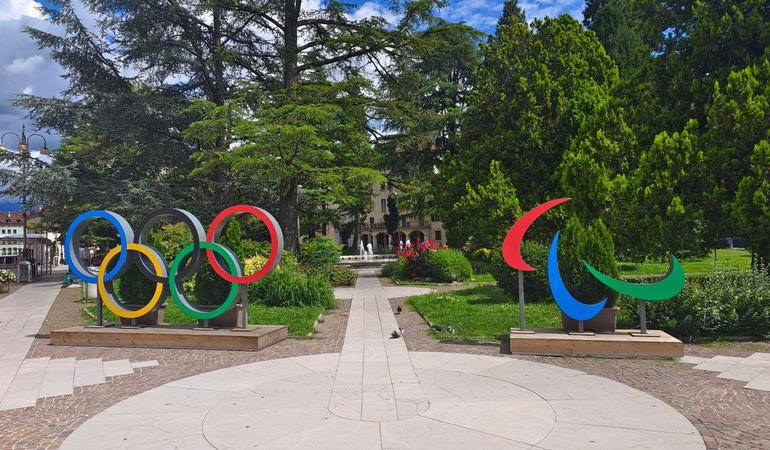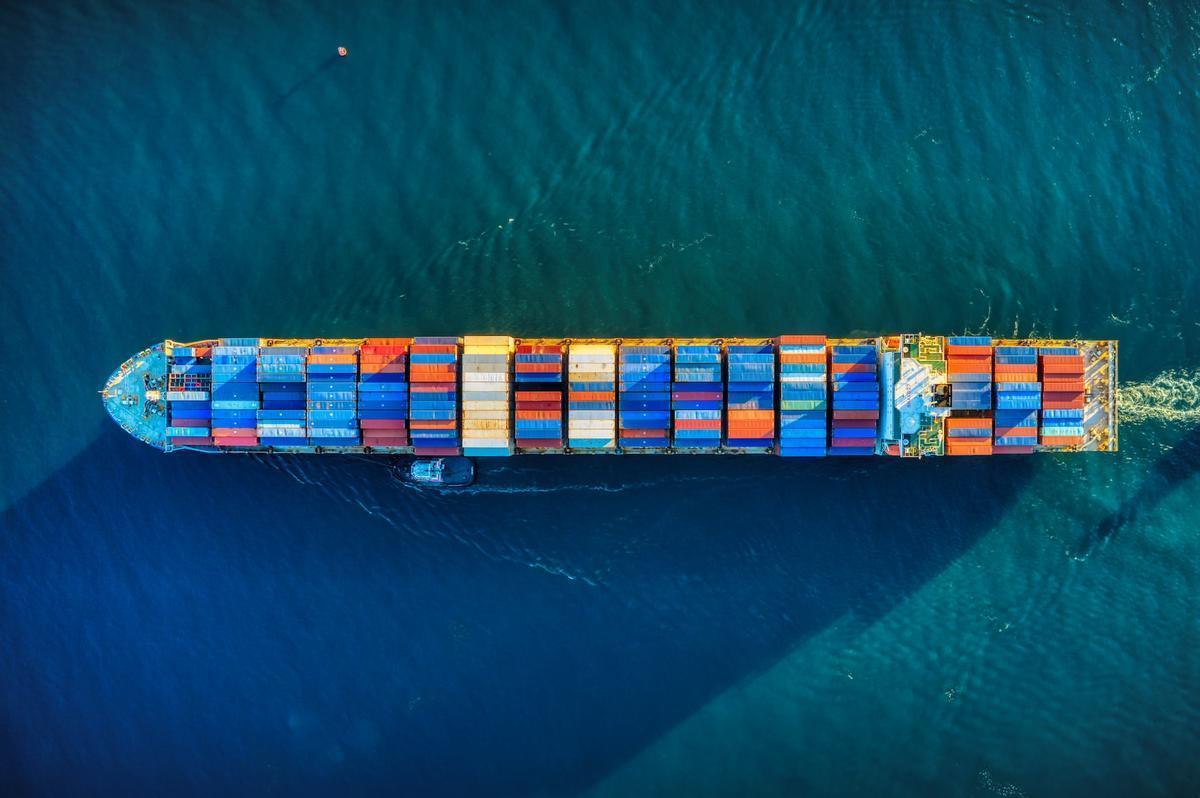
Milano-Cortina. Ecco come verranno spesi i 450 milioni di euro delle paralimpiadi



15 dicembre 2023
Ports are “a strategic and crucial hub for criminal groups” with different origins and interests. However, “the political debate on this issue still seems too timid.” There is a need to strengthen “coordination between judicial authorities, law enforcement agencies, public authorities present in the port and private companies,” not only to combat but also to prevent. This requires "greater awareness of the criminal and corrupt risks on the part of public and private actors operating in the port.” This is what "Libera, associations, names and numbers against mafias", argues in a report entitled Diario di bordo. Studio, dati e meccanismi delle proiezioni criminali nei porti italiani (Logbook. Study, data and mechanisms of criminal projections in Italian ports, Trans. note), presented on Friday 15 December in its headquarters in Rome.
According to the study, carried out by Marco Antonelli, Francesca Rispoli and Peppe Ruggiero and published on the Libera website, there were 140 criminal incidents in Italian ports in 2022, i.e. one every three days. Seizures of counterfeit goods, smuggling or, worse, drug trafficking. “Ports are a subject of growing institutional interest, but there is no attempt to propose a broader reflection,” explains Antonelli, a doctoral student in political science at the University of Pisa and an expert on the subject. “For Libera, this is a way to draw attention to the issue, not to underestimate the phenomena, but without creating alarmism,” he adds. The study, which will also be published in English so that it can be disseminated at the European level, is unique: “Up to now there have been scientific, academic or investigative analyses.”
"Ports guarantee a diversity of criminal interests, consisting of both legitimate business and illegal trafficking," adds the researcher. However, activities of the second type predominate. By analyzing the communiqués of the Customs Agency and the Guardia di Finanza, as well as the press review of Assoporti (the association of authorities in charge of Italian ports), data were collected on the incidents that occurred in 2022. Most of them concern incoming goods, which are subject to many more controls.
Almost half of the cases concern the seizure of counterfeit goods. This is followed by drug trafficking with 23.2%, dominated by cocaine (around 70% of the drugs seized at the ports), and smuggling with 11.6%. This is followed by currency offenses (5.8%), waste trafficking (2.9%), animal trafficking (2.2%, two cases involving the import of goldfinches and turtles from Tunisia), and weapons and money laundering (0.7% each).
The fight against transnational organized crime is an urgent matter
Of all the illegal incidents recorded in 2022, 68 concerned counterfeit goods, mainly on arrival (66 cases). They mainly concern foodstuffs (oranges, dried tomatoes, olive oil, fish and shellfish) and animal feed, textiles (with fake trademarks or false labels) and electronics. According to the data collected, "it can be seen that China is the main exporting country (32 cases), followed by Greece and Turkey (7 cases), Egypt and Tunisia (3 cases).”
Then there are the smuggled goods that are not declared to the authorities: food (mainly fish products), cars (e.g. 28 electric cars made in China without authorisation to enter and use the brand name), cigarettes and tobacco, mainly from Greece, Malawi, Albania and Turkey.
According to Libera's report, the illegal trafficking of waste to other countries is "particularly interesting.” Four cases were recorded, three in Campania and one in Liguria, to Africa or Singapore. These were mainly undeclared goods or polluting materials (waste electrical and electronic equipment, car wrecks, textile waste, etc.) that should have been disposed following strict procedures but were instead exported illegally.
Illegal weapons trafficking is still viewed as an isolated phenomenon and is often underestimated
"There are at least 54 Italian ports that have been the subject of criminal projections, with the participation of at least 66 clans that have been involved in both illegal and legal business activities," the report states. The figure is taken from reports published between 2006 and 2022 by the National Anti-Mafia Directorate and the Anti-Mafia Investigation Directorate, which have long reported on the criminal presence in Italian and European ports.
Every criminal group is represented: the three traditional mafias, men linked to the Magliana gang, the Sacra Corona Unita or the Bari criminal groups, but also Albanian, Chinese, Nigerian or Mexican gangs.
Of all these organisations, the 'ndrangheta dominates, operating on several fronts, both in the small Calabrian airports and in the main Italian hubs, as investigations by the Guardia di Finanza and the Reggio Calabria and Genoa District Anti-Mafia Directorates, “Three Crosses” and “Genoese Good Wind,” have shown.
This article was translated by Kompreno with the support of DeepL.
La tua donazione ci servirà a mantenere il sito accessibile a tutti
La tua donazione ci servirà a mantenere il sito accessibile a tutti